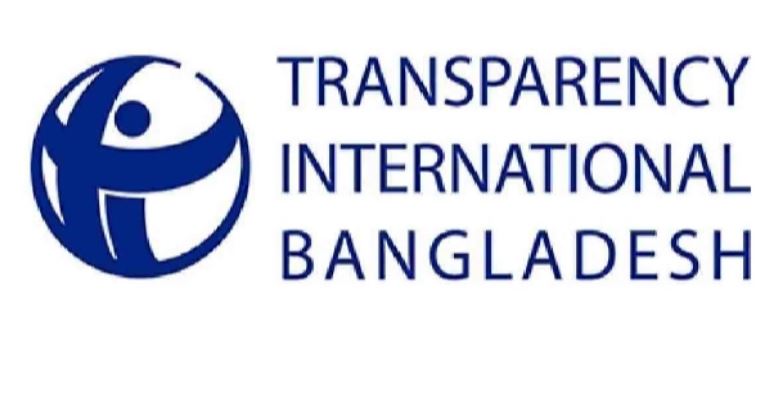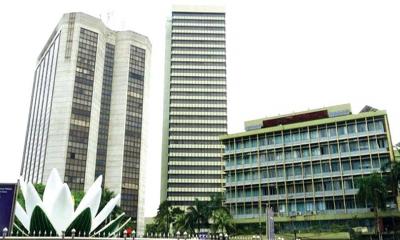Transparency International Bangladesh has rejected the Cabinet-approved Cyber Security Act, 2023 and said freedom of expression and independent journalism will still be at risk.
The draft of the Cyber Security Act-2023 includes controversial sections of the controversial “Digital Security Act-2018”, although some changes have been made in terms of punishment and non-bailable clauses, TIB experts said during a presentation on Wednesday.
If the draft becomes a law, a person will face legal harassment if he publishes opinions and information through digital media, they said.
TIB Executive Director Dr Iftekharuzzaman, Advisor and Executive Management Professor Dr Sumaiya Khair were present at the press conference titled "Digital Security Act and Draft Cyber Security Law: A Comparative Review" at TIB Dhanmondi office.
TIB`s Outreach and Communication Department Director Sheikh Manzur-e-Alam and Data Protection Officer Dr Md Tariqul Islam conducted the comparative review.
According to sections 8, 9, 10, and 11 of the proposed law, if the cyber security is threatened, the concerned authority will ask the BTRC to remove both the data and information and 8(2) states that if the law enforcement agencies believe that any information violates the economic activities, security, defence, religious values or public order of the country or incites racial hatred or hatred. If so, law enforcement agencies can take action.
There is no specific definition of these things in this law, so there is ample scope for interpretation and misinterpretation here. In this case, we have to rely on the explanation of law enforcement, which is very dangerous.
“After all, only the name of the Digital Security Act is being changed to the Cyber Security Act. We need to be able to monitor the crimes and frauds that are taking place in cyberspace without curtailing our freedom of expression,” the presentation said.
“According to the cyber security policy, security in cyberspace was talked about by 2021, but the cybercrime that has happened in the country so far shows that our technical skills have not increased and we have failed to ensure cyber security,” it added.
While the proposed law has provided some hope for cyber security, after the draft was published, it appeared that the title had changed, but no changes had been made to the areas of concern, which is very disappointing.
TIB Executive Director Dr Iftekharuzzaman said, "If the draft cyber security law is passed in the Parliament, there will be a huge risk of it becoming a black law like the Digital Security Act and thereby violating the fundamental rights of the people guaranteed by the Constitution.
“The elements of the draft law, such as the right to freedom of expression, freedom of speech, conscience, thought and media, remain in effect similar to the Digital Security Act. So it`s not unreasonable to think that this, like its predecessor, is going to become a restrictive law," he said.
“The situation shows that we are moving to the point of criminalising the rights to freedom of expression, speech and media clearly enshrined in the Constitution. Therefore, the level at which the law is in place cannot be acceptable," he added.
He suggested reviewing the draft law in the light of international experience involving all stakeholders, including experts from the relevant sectors, civil society and the media.




































